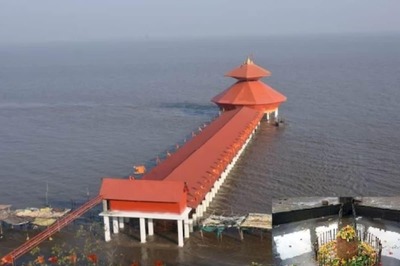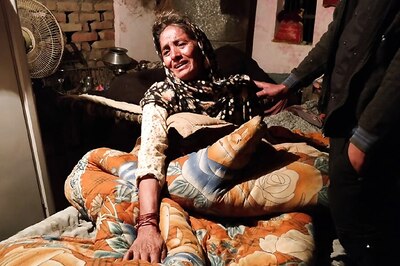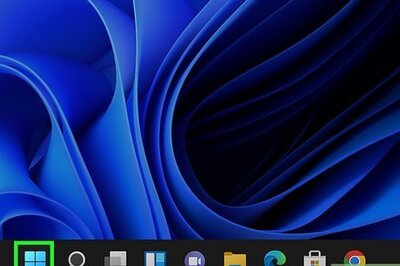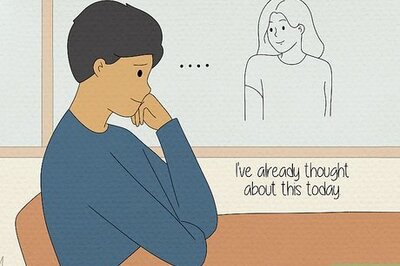
views
By Brian Homewood JOHANNESBURG (Reuters) - Brazil may have graced past World Cups with some of the greatest individual talents the game has seen but, under the leadership of coach Dunga, the key players will be hard work and team spirit. In just under four years as Brazil coach, Dunga has been on an almost obsessive mission to kick vanity and individualism out of a team which has always been famous for producing both in large quantities. As a result, the words patriotism, team spirit, hard work and discipline punctuate the coach's discourse while talent rarely forms part of his vocabulary. Preciously gifted players such as Ronaldinho, Santos pair Paulo Henrique Ganso and Neymar and Fenerbahce midfielder Alex have all fallen victim to the new order, having been omitted from Dunga's squad. On the other hand, workhorses such as Kleberson, Gilberto Silva and Josue are included, even though all three are past their best in their club careers. A team famous for its attacking players now boasts goalkeeper Julio Cesar and Maicon and Lucio -- both defenders - as its most important players. "Unfortunately, he's chosen something which is distant from the culture of Brazilian football, which has always been based on creativity to express itself," said former Brazil captain Socrates in a recent interview. "We're breaking away from our culture. Full back Daniel Alves, who would be an automatic starter in almost any other national team, has a bit-part role for Brazil, yet would never be heard complaining. "I'm not worried about being in the starting line-up or on the bench because that division doesn't exist in this group," he said. "The coach makes his choices and the others have to wait for their chances. The most important is to be in the group and defending the Brazilian shirt." BRUTALLY EFFECTIVE The new policy has made Brazil into a brutally effective team who have won the Copa America and Confederations Cup under Dunga's leadership as well as finishing top of the South American World Cup qualifying group. But the fun has gone out of their football, with most of their goals now coming from counter-attacks and set pieces. The Dunga era is widely seen as a backlash to the 2006 World Cup when a team brimming with charismatic players, expected to brighten the tournament with attacking football, instead produced a lacklustre display culminating in a 1-0 quarter-final defeat to France. In a widely-criticised move, the team had prepared in a festive atmosphere in the Swiss village of Weggis where 5,000 fans paid to watch them each training session. Dunga, who had a built a reputation as a ruthless, snarling, hard-tackling midfielder in his playing days, was seen as the ideal person to restore order, even though he had no previous coaching experience at the top level. He quickly banned the practice of celebrities descending to the team's mountain retreat by helicopter to be photographed with the players and distanced the team from the supporters. Players were also banned from giving exclusive interviews and Brazilian media said Friday that striker Robinho earned himself a reprimand for breaking the rule by speaking to a television station on his day off. Former World Player of the Year Kaka is the one player who could set Brazil alight, but his last two seasons have been frustrating and injury-plagued and he is no longer mentioned in the same breath as Lionel Messi, Xavi or Fernando Torres. In any case, even he prefers to keep a low profile. "You don't win anything alone in football," he said, almost as if reading from a script prepared by his coach. "Everything I have won was because I was part of a great team." (Editing by Nigel Hunt; To query or comment on this story email [email protected])


















Comments
0 comment